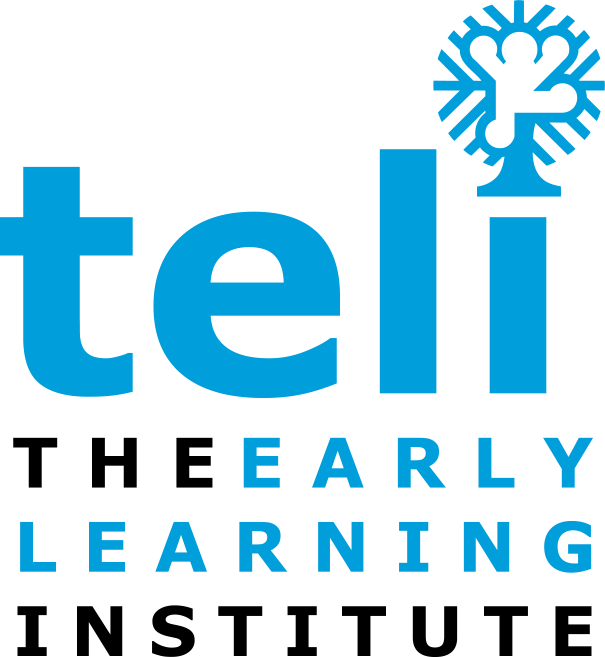Early Intervention- helping children’s voices be heard.
 Diane Wolfe, a teli Pediatric Speech Pathologist, spends her days helping children find their voice. Early Intervention services provide parents with a support for children that for some reason do not speak. A child’s first sounds of “Dadda and Momma” are like music to a parent’s ear and when that is not happening at an early age, parents become concerned.
Diane Wolfe, a teli Pediatric Speech Pathologist, spends her days helping children find their voice. Early Intervention services provide parents with a support for children that for some reason do not speak. A child’s first sounds of “Dadda and Momma” are like music to a parent’s ear and when that is not happening at an early age, parents become concerned.
“I work with children that may be nonverbal for a number of reasons. A child may just not want to talk or not have a reason to speak, while other children may have other neurological issues that cause difficulty producing the sounds,” says Diane.
The starting point… understanding why your child is not talking…
Engaging the child to understand and assess their unique situation is the first step in Early Intervention at teli. “I always tell parents that I cannot make your child talk, however I can understand how to motivate your child to talk by setting up the situation to engage them.”
For children that may have the ability to talk but choose not to, Diane describes a speech therapy technique that she has found particularly effective in motivating a child to express themselves. “I ask parents what object their child might find motivating and work with the parents to learn to wait for the child to ask for the object. It may be a toy or drink that is out of reach. Being patient enough to wait for them to ask is your goal. I teach them the power of speech – do something to get something.”
Often well meaning parents and siblings will act on behalf of the child, removing any need to speak or ask for something. “I work with the family to help them understand the importance of patience and letting the child discover their voice. Parents often amaze themselves when they realize that patience really pays off,” noted Diane.
Early Intervention Services must be incorporated into all aspects of the family’s life
At teli, Home Based Coaching is at the root of the therapy to insure that the family environment, family activities and dynamics are taken into account when working with the child. Diane remarks, “if Mom is in the kitchen making cookies, we are there as well to show Mom and her child how to interact and use the activity to reinforce sounds and actions. We also might be taking a trip to the playground to involve some physical activity to coax the child to use action words such as “sliding” down a slide or “swinging” on a swing.”
When further complicating factors are affecting your child’s speech
In her over 30 years of experience in Early Intervention and practicing Speech Therapy, Diane has worked with children with further complications such as down syndrome and autism that may prevent the child from expressing themselves. Teaching sign language may be a first step, along with gesturing and identifying an associated sounds with pictures. “I work on vowel sounds since those may be the easiest to form for children, using repetition focusing on environmental sounds such as car noises and animal sounds as a starting point,” says Diane.
In some children, a lack of speech is due to a condition termed apraxia. In these children, there may be due to problems with the brain telling the lips/mouth/tongue how to make the correct movements. The child knows what he wants to say but just can’t coordinate the brain with muscle movements to be able to effectively communicate.
“Apraxia is a neurological motor speech disorder where the brain just can’t tell the mouth what to do,” notes Diane. “With those children, we may use hand motions to demonstrate how a mouth should be formed to make a sound such as an airplane with your arms straight out to make an “e” sound. Repetition is essential as we are building brain pathways that may not have been formed at birth.”
teli’s tailored approach for each unique child
As always, each child is unique and teli’s therapist’s approach must be tailored to the needs of not only the child but the family. Diane describes her most rewarding experience is when parents describe their progress from week to week during her visits. “My favorite is when I see parents and they remark… ‘At first we couldn’t get him to speak’… now he won’t stop speaking!”
Learn more about teli’s Early Intervention


